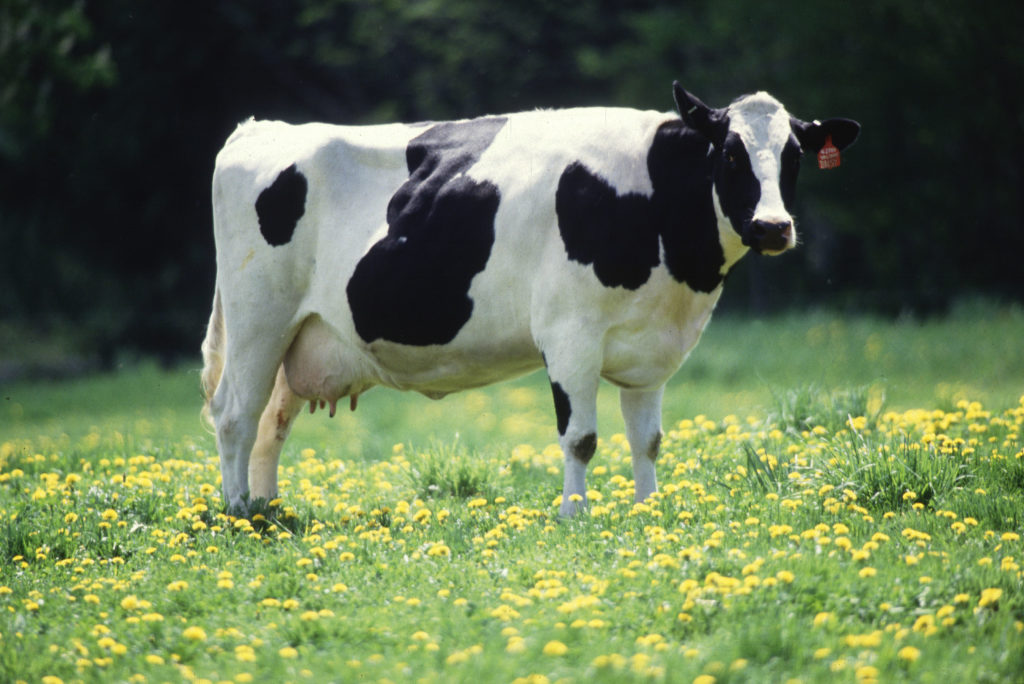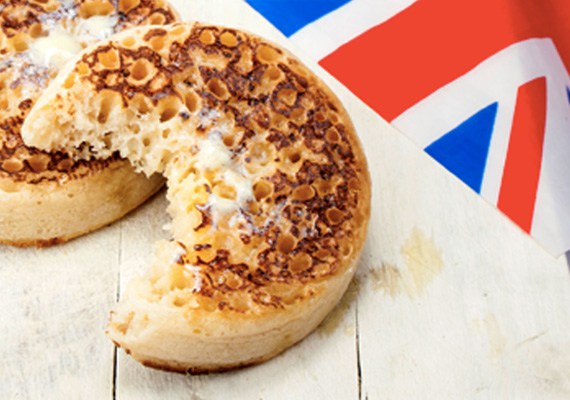This morning, we in Britain woke up to the news that the British public had voted for Brexit to leave the EU. Social media erupted. People spoke. Some cried. Many were angry, and rightly so. Far from being a “failure of democracy,” this was the result of the first true example of democracy in many years – perhaps that is what makes this result so very hard to stomach.
The fact that the population was so divided through a polarising campaign made it increasingly hard for many to “see the other side of the argument.” This debate on Brexit has dominated some headlines for months now and, in the climactic twist of events, all we can really do now is sit back and wait – for what, no one is certain.
I am proud to be a British citizen, but I am also proud to be part of Europe – no decision today changes that fact. Where does that love affair start? Well, truth be told, some of its origins lie in the stomach.
The farmers are positive, should we be?

Photo courtesy of Wikicommons
Truth be told, living in a rural area of the country where my vote was overwhelmed by a canvas of “Brexiteers” was initially the hardest thing to handle – where was my vote amongst the masses? But really, the UK farmers that predominate in this area and are dependent upon it are pretty positive about Brexit in an outcry towards the EU’s influence. Measures such as the ban on glyphosate (apparently the country’s most widely used herbicide) and the ban on GMO crops, believing that these measures are too restrictive for a free world.
However, the EU does provide these farmers with subsidies and cheap labour through immigration. With the food industry as Britain’s largest manufacturing industry, the consequences are going to be big and may result in a rapid rise in grocery bills.
What about our “British” foods?

Photo courtesy of British Corner Shop
The EU’s Protected Designation of Origin status safeguards our native foods, such as Cheddar, Scotch whiskey and shortbread and Stilton cheese, but with these protections disappearing, there is the potential for some to forge whiskey as “Scotch” without incurring any penalties.
However, Brexiteers are right in that international trademark law will protect Britain and so our blessed beef and Yorkshires should be safe for now. I think it is safe to say that patriotism clearly exhibited in the referendum debate will go some way to ensure the humble British crumpet does not go away…
…and the restaurants?

Photo courtesy of Pixabay
28% of those who work in the restaurant industry in Britain are born overseas, typically working for lower pay and being more productive. Arguably, this Brexit could result in higher labour costs in restaurants and potentially a big hit for the restaurant industry with cuts in profits.
But it could also result in a less restrictive policy for policies on non-EU immigration – good news for the beloved Indian restaurants of the country. With many parts of the UK such as Ireland being reliant on the tourism industry, undeniably the uncertainty of their future is still something to be highly cautious of.
With the UK’s exit from the EU being negotiated over the next several months, it will be some time before any of these measures take effect. We don’t know what will come but we know it’s coming. In the words of the good old bard himself, “What is done is done, cannot be undone.”
One thing is for certain– I like my pasta, I love my croissants and, what is more, I loved the fact that I could freely move to Austria if I wanted for wiener schnitzel, Valencia for paella and Greece for moussaka. Whilst food is not foremost in the mind of the country today, it is indicative of the kind of love affair we should have focused on – those things that we have all in common rather than those things that divide us or the scaremongering for our future.
Europe, we still want your food.


